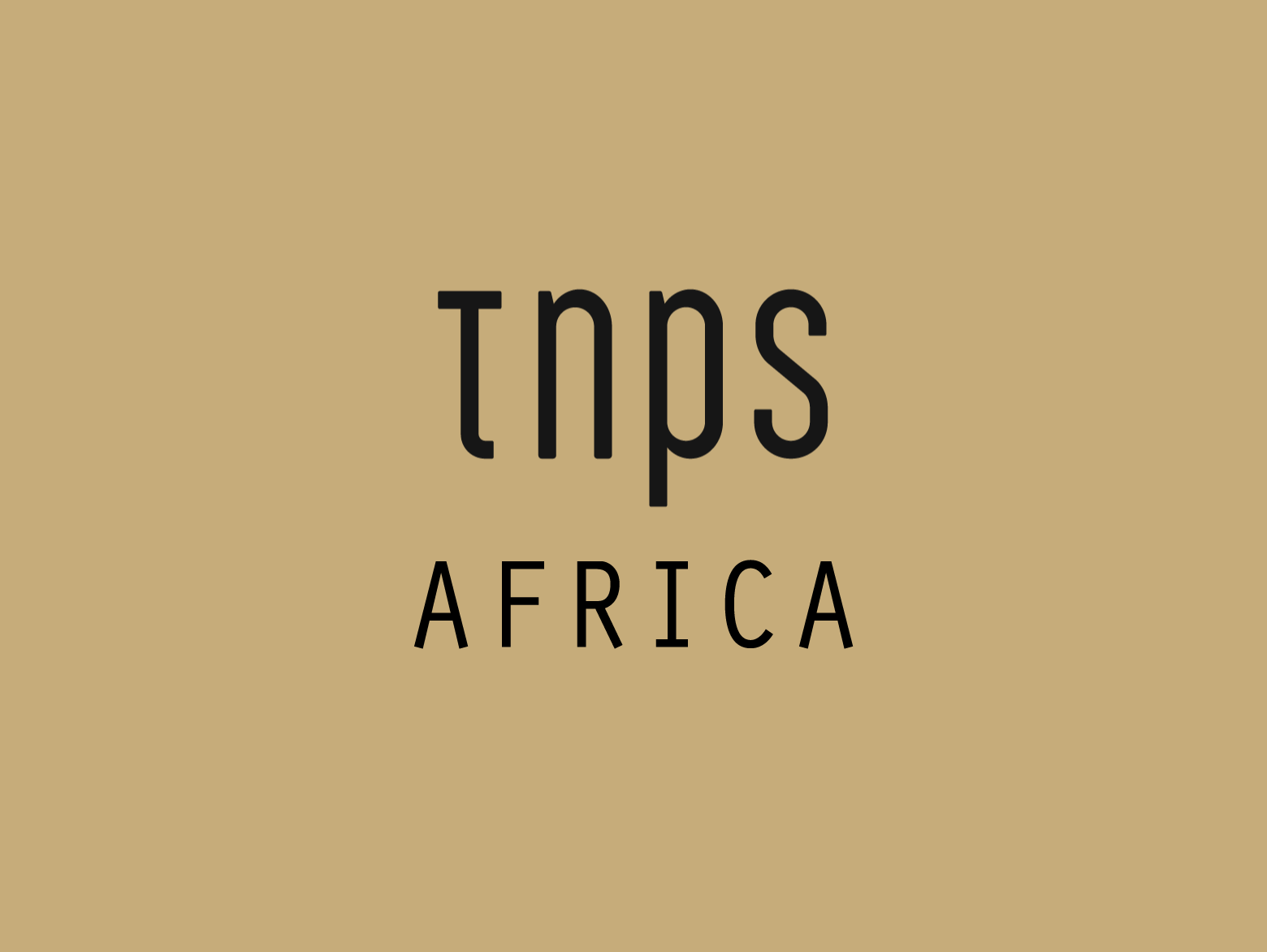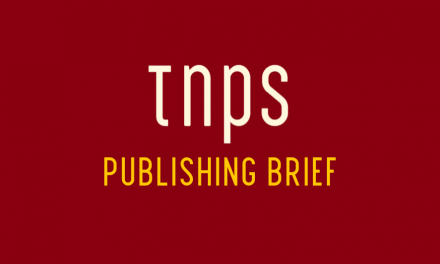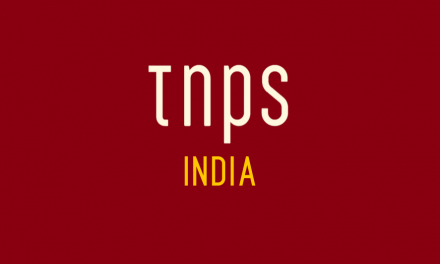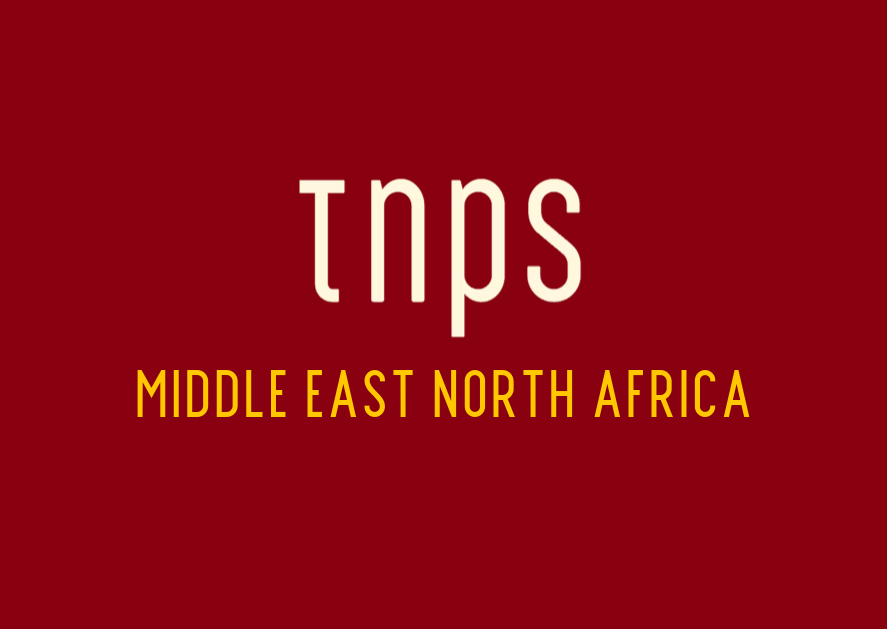As the build up to this year’s Ghana International Book Fair got underway last month is seemed optimism was the prevailing mood, with talk of how Accra might become a regional hub for Africa’s nascent publishing industry.
The 2018 theme was “Revitalising the Book Chain for National and International Cooperation.”
But reality took hold as the event unfolded, as Nana Gyan Apenteng, Chairman of the National Media Commission and President of Ghana Writers Association, addressed the problem of a declining interest in reading in the country.
And the blame for that he put squarely at the feet of successive Ghanaian governments.
Reading has fallen way down the priority list of governments in the last few decades and we find nothing in the present to encourage us to be optimistic.
Of course, we would all claim that we are reading on our phones but that is largely untrue…unless reading WhatsApp messages can be described as reading.
We are a formidable force. We need to come together and be a lobby for change. We cannot fold our arms and expect to get our share of the pie… We have no choice but to be up and doing…
It does not matter whose money is involved but from where I stand, and seeing what I see travelling up and down this country, I would think that it would be better to invest any such money in building libraries and book stocks across the country.
Admirable sentiments, yet perhaps there is a mismatch in there, when Apenteng dismisses reading on phones as all about WhatsApp messages.
Libraries and printed books are great, and if they can be afforded, then all the better. But to dismiss the possibilities digital offers Ghanaian publishers and readers as nothing more than text messages suggests Apenteng isn’t following the global publishing scene, where ebooks are gathering momentum as the preferred and most convenient and affordable reading option for consumers.
If Ghanaians really are just using their phones to read text messages then maybe Ghanaian publishers need to take a look in the mirror.
If Ghanaian books are not being digitised and made available then it’s little surprise there is no interest.
In fairness, the effective absence of the Big 5 western ebook retailers doesn’t help. Where Ghanaians can access ebooks easily, as through Kobo for example, there is still the problem that few if any Ghanaian authors are available, big western brand authors are likely territorially restricted and unavailable, and Kobo’s payment options are not ideally suited to African consumers.
But there are ways and means. Digital presents a huge opportunity to African publishers, and in countries like South Africa and Kenya digital is being taken seriously.
Ghana may only be at 34% internet penetration, but let’s put that in perspective.
That 34% is 10 million Ghanaians online that have the device and the connection to potentially be downloading and reading ebooks.
That’s as many internet users as Belgium or Sweden and twice as many as New Zealand.
The bigger picture is more exciting still.
Consider this:
- USA: 312 million internet users. At 95.6% penetration there’s very little room to grow.
- European Union: 433 million internet users. At 85.7% penetration there’s very little room to grow.
- Africa: 453 million internet users. And at just 35% penetration, Africa is barely off the starting grid.
With that in mind I’ll end this post with this sentiment from the IPA’s champion of the developing publishing markets, Bodour Al Qasimi, writing for Nasher a few days ago.
Recent studies also tell us that emerging markets account for 90% of the global population under 30. These are very youthful regions who will become our future readers, writers, publishers and content providers. They are also very tech savvy and are often first adopters of technology, a vehicle that will help them communicate their stories and build firm cultural bridges with the outside world. This certainly presents a rare opportunity for us, the publishers in developing markets, to prosper and flourish.
Can Emerging Markets be the Answer to Global Readers’ Quest for New, Fresh Content?
As Bodour Al Qasimi makes clear, it’s not just Ghana. Around the world publishers have yet to wake up and smell the digital coffee.
Tomorrow I’ll be looking at new developments in India that are about to open up the global market by at least a half billion.
And if you think that’s a lot, think again.
In 2018 there are over FOUR BILLION people online. A tiny fraction of them are in the USA and UK. In fact, just 374 million.
That means less than 10% of the world’s internet users are in the US and UK.
Seriously.
Still think the global book markets aren’t worth bothering with?





